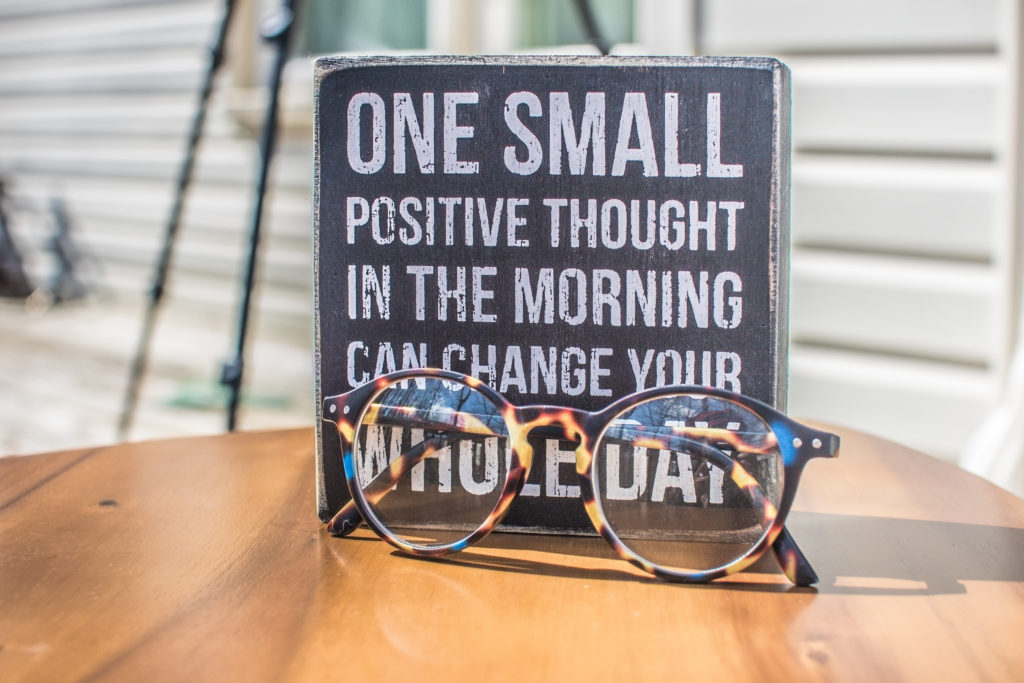By: Shannon Harjer, Vice President of Personal Lines, Founders Insurance
At a leadership conference many years ago, I received a “sticky note” holder engraved with the wording “Attitude & Environment Matter.” While I do not remember the specific details of the conference, I do remember who designed this special item – and his legacy of being a leader whose value system was based on serving others. This keepsake has been on every desk I occupied in the last decade as a visual reminder of the importance of professional leadership attitudes and the impact it has on the workplace environment.

Recent studies on psychological safety and work product improvement corroborate the importance of creating a culture of inclusiveness through a myriad of leadership behaviors and corporate strategies. Studies also indicate that more work needs to be done on leadership inclusiveness wherein positive psycho-social climates are examined from a diverse group perspective. Even without these studies, we can act now with a focus on deterring the effects of status difference on engagement and our environment by examining three contributors: leadership, culture and strategies.
Leadership. From a leadership vantage point, developing an inclusive, genuinely collaborative workplace starts with each leader, at all levels within the organization. This is not driven by Human Resources as a mandated leadership behavior or class, but within oneself to build self-efficacy to truly “walk the talk” of inclusionary leadership. It is a deep conversation you have with yourself, analyzing your thoughts, decision-making processes and actions impacting others. Performed with honesty, it can develop your self-awareness beyond normal feedback and personnel surveys.

Culture. An organization’s culture is often guided by value drivers – not the mission statement. For many organizations, value is derived by who they serve. It is ingrained in their attitude and decision-making processes, noticeably impacting customer and employee retention. They exist to serve their customers’ needs, quickly adapting to new expectations faster than their competitors because they are value focused. They lead with intensity because it matters to those they serve.
Strategies. Strategies are a piece of the environment often overlooked. You might think they only exist in the silos across your matrixed environment. Organizational strategy is the sum of all strategies and the beacon to which all strategies align. When business functions are not in congruence, cracks begin to form. Collaboration across the organization and genuine service to those you serve may be inconsistent, feigned or nonexistent, resulting in unsustainable deficiencies.
Transforming an organization where your leaders execute the behaviors and actions aligning with your value drivers is key to success beyond revenue. It starts with being true to oneself and those around you through true service. Here are my personal commitments that help me stay the course:
- Focus all strategies on organizational value drivers.
- Inspire others through an unbreakable spirit of service to others.
- Recover quickly from disappointments and learn from them.
As we move into late summer, please take the time to discover more about yourself. Your attitude and impact on the workplace environment do matter!
The views and opinions expressed are those of the author and do not necessarily reflect the official policy or position of Utica Mutual Insurance Company, its subsidiaries and affiliates.


